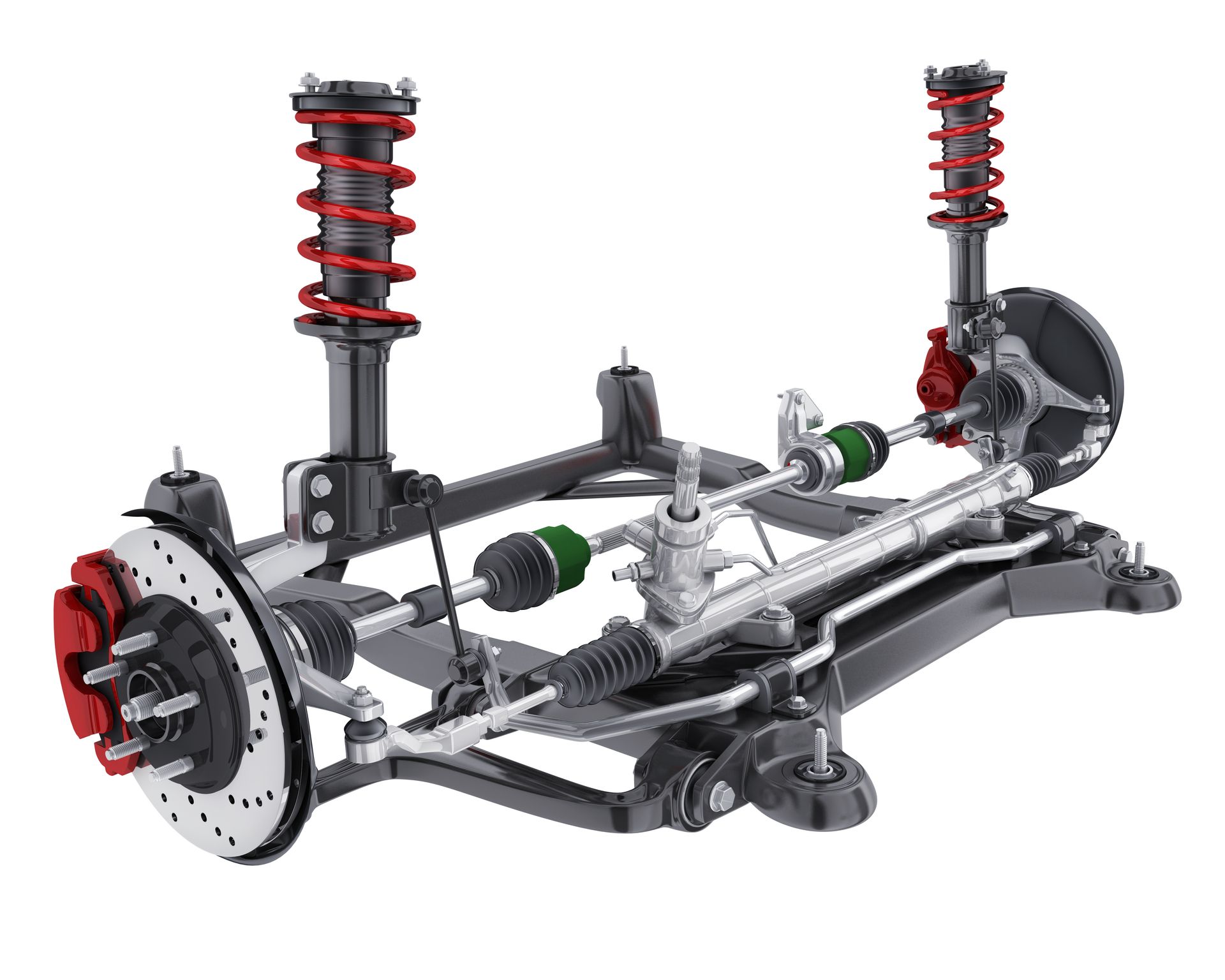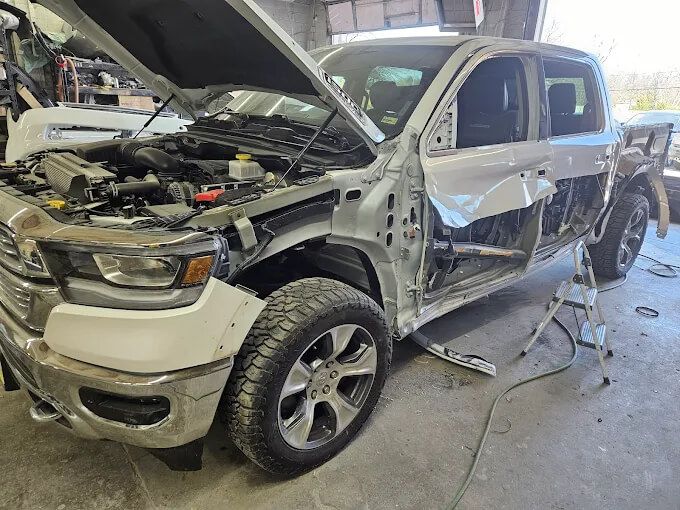Most of us don’t think twice about our power steering system. It’s just there, quietly helping us turn the wheel with minimal effort, whether we’re parking or taking curves at speed. But like any system in your vehicle, power steering components can wear out or fail over time. And when they do, the signs might be subtle at first, but they tend to escalate quickly.
If your steering starts to feel heavier or less responsive, it could be a sign that your power steering system needs attention. Catching these issues early can prevent bigger problems and help keep your vehicle safe to drive.
1. Increased Steering Effort
One of the first and most noticeable signs of a power steering problem is a sudden change in how your steering feels. If turning the wheel starts to require more effort, especially at low speeds, you may be dealing with a failing pump, low power steering fluid, or even an issue with the steering rack itself.
This symptom often develops gradually, meaning many drivers become accustomed to it without realizing something is wrong until it becomes uncomfortable or difficult to maneuver the car.
2. Whining or Groaning Noises When Turning
Unusual sounds when turning the wheel can also point to power steering trouble. Whining, groaning, or squealing noises usually mean the power steering fluid is low or has become contaminated. In some cases, the sound may indicate a worn-out belt or failing pump.
These noises may start to faint and grow louder over time. If they occur consistently while turning, it’s time to inspect the system before permanent damage sets in.
3. Fluid Leaks Under the Vehicle
Power steering fluid is typically red or pink and has a slightly sweet or burnt smell. If you notice puddles or streaks of this fluid beneath your car, especially near the front, it’s likely coming from the power steering system. Leaks commonly occur due to worn hoses, cracked seals, or loose connections in the system.
Driving with low fluid can cause the pump to overheat and eventually seize, leading to a loss of power assist and much more expensive repairs.
4. Steering That Feels Jerky or Unstable
Another sign of power steering issues is inconsistent or jerky movement when turning the wheel. The wheel might feel like it’s fighting back, sticking, or suddenly becoming too loose. These changes in steering feel often point to internal problems within the steering gear or rack.
This condition is particularly hazardous at highway speeds, where even slight steering instability can result in a loss of control.
5. Power Steering Warning Light
Many modern vehicles are equipped with a power steering warning light. If this light comes on, either as a steering wheel icon or simply a red “PS”, it means your vehicle has detected a problem with the system. In vehicles with electric power steering, this could point to a motor or sensor failure. In hydraulic systems, it usually indicates a pressure or fluid issue.
Don’t ignore this light just because your car seems to be driving fine. It’s an early warning that something is amiss and should be addressed before symptoms worsen.
Why You Shouldn’t Delay a Power Steering Inspection
Power steering problems can worsen quickly. A simple fluid top-off might be all you need today, but ignoring a leak or worn part can lead to full system failure and far more expensive repairs. In some cases, power steering loss can make your vehicle unsafe to drive, especially in tight spaces or emergency maneuvers.
Regular fluid checks, timely inspections, and early service are the best ways to keep your steering smooth, safe, and responsive.
Schedule Your Power Steering Check at F & M Automotive Body & Repair in Shawnee, KS
If your steering feels off, sounds strange, or you’ve spotted fluid on your driveway, don’t wait. Our technicians will inspect your power steering system, identify any issues, and get your car back to driving like it should.
Call
F & M Automotive Body & Repair in Shawnee, KS, today to schedule your power steering system inspection and restore full control behind the wheel.












